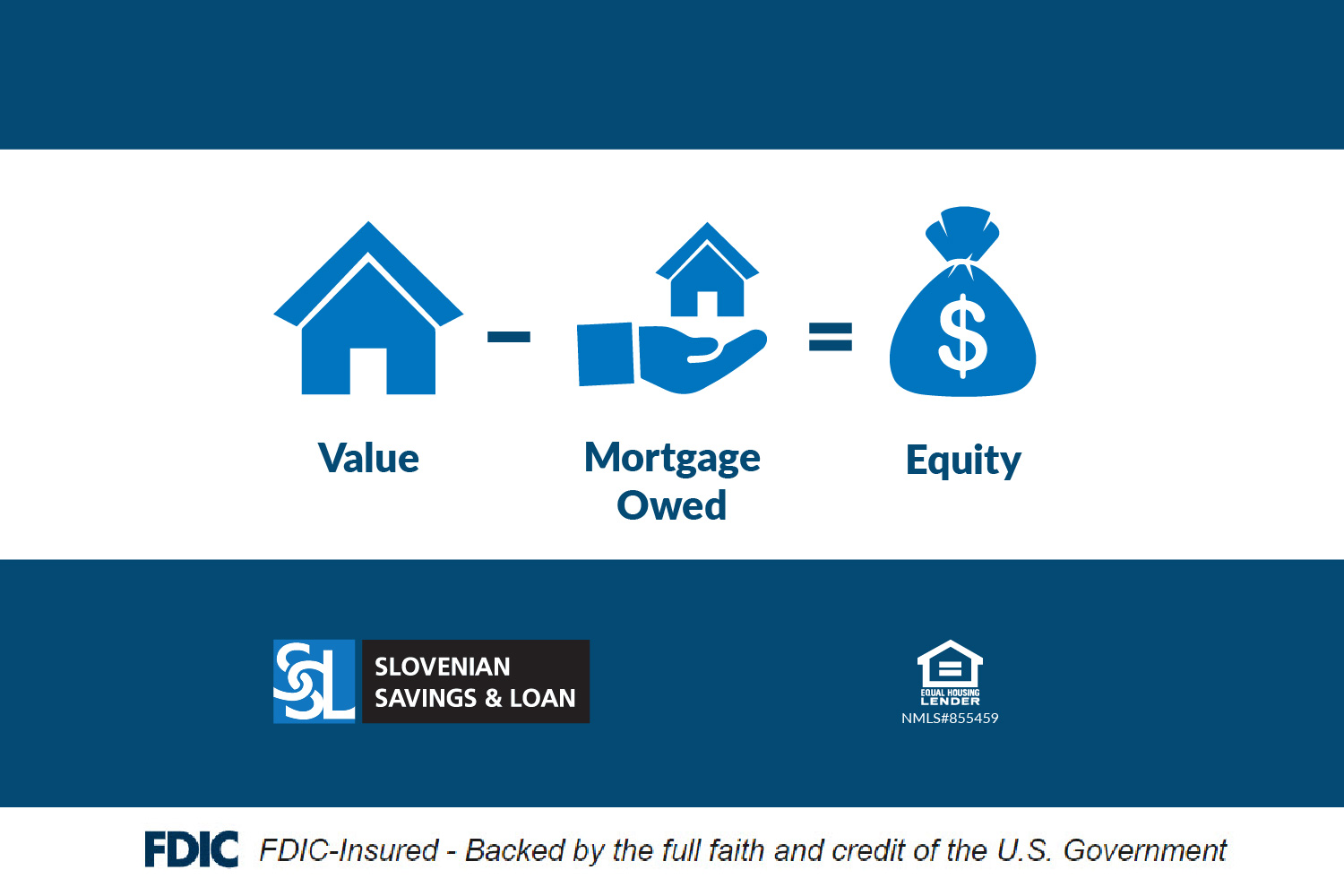Checking Out the Different Kinds Of Equity Release Mortgages Available Today
Equity Release home loans present different options for property owners aged 55 and over. equity release mortgages. These financial products satisfy various requirements and preferences, allowing people to gain access to funds from their residential property. From life time home loans to shared appreciation home mortgages, each type provides distinct benefits. Comprehending these options is essential for making educated decisions. What factors should one take into consideration when selecting the most ideal equity Release strategy? The information that comply with may lose light on this essential topic
Recognizing Equity Release Mortgages
Equity Release home loans offer homeowners, typically those aged 55 and over, with a method to access the value locked up in their residential property without needing to market it. This monetary alternative enables people to convert a section of their home equity into cash money, which can be utilized for numerous purposes, such as home improvements, settling debts, or financing retirement.Equity Release can take different types, but it basically involves loaning versus the value of the home while preserving ownership. House owners can choose to get a swelling sum or a series of smaller settlements, depending on their monetary demands and preferences.Additionally, the quantity available for Release is affected by the residential or commercial property's worth, the property owner's age, and certain lending institution criteria. Generally, recognizing equity Release mortgages is vital for home owners to make informed decisions about using their home's equity while thinking about the lasting effects.
Life time Mortgages
Life time home mortgages stand for among the most prominent forms of equity Release. This monetary item permits house owners, typically aged 55 or older, to borrow against the value of their residential or commercial property while preserving possession. The lending, which is secured against the home, accumulates rate of interest over time however does not need monthly payments. Instead, the loan and accumulated passion are paid off when the house owner dies or moves right into long-lasting care.Lifetime home mortgages supply flexibility, as customers can select to receive a lump sum or go with a drawdown facility, accessing funds as needed. Significantly, many strategies come with a no-negative-equity assurance, making certain that borrowers will never owe even more than the value of their home. This attribute provides comfort, enabling individuals to appreciate their retired life without the worry of diminishing their estate. Generally, life time home loans act as a viable choice for those seeking financial support in later life.
Home Reversion Program

Drawdown Life Time Mortgages
While several home owners look for methods to access their riches, drawdown lifetime mortgages offer an adaptable choice that enables individuals to Release funds slowly. This type of equity Release home mortgage allows property owners to borrow versus the value of their home while keeping possession. Unlike typical lifetime home mortgages, drawdown strategies allow consumers to access a part of their equity upfront and withdraw added funds as needed, approximately an established limit.This attribute can be especially advantageous for those that wish to handle their finances meticulously, as it reduces interest build-up by just charging rate of interest on the quantities drawn. In addition, drawdown lifetime home loans frequently feature a "no negative equity assurance," ensuring that consumers will never owe greater than their home's value. This choice matches retirees who want financial safety and adaptability, enabling them to meet unforeseen expenses or keep their way of living without needing to market their property.
Improved Lifetime Mortgages
Improved Life time Home mortgages provide unique benefits for qualified home owners seeking to Release equity from their residential properties. Recognizing the eligibility criteria is important, as it identifies that can gain from these specialized loans. However, it is also essential to assess the prospective disadvantages connected with improved choices, making sure an all-around point of view on their usage.
Qualification Requirements Discussed
Understanding the qualification standards for Improved Life time Mortgages is crucial for possible candidates seeking to access the equity in their homes. Typically, candidates need to be aged 55 or older, as this age demand is basic in the equity Release market. House owners ought to have a building valued at a minimum threshold, which can differ by lender. Notably, the residential property should be their primary home and in good problem. Lenders usually analyze the house owner's health standing, as certain wellness conditions might boost eligibility and advantages. Furthermore, candidates ought to not have existing significant debts safeguarded against the residential property. Meeting these requirements permits individuals to check out Boosted Lifetime Home loans as a sensible option for accessing funds locked up in their homes.
Benefits of Improved Home Mortgages
After clarifying the eligibility requirements, it comes to be evident that Improved Life time Home mortgages offer several considerable benefits for home owners looking to leverage their residential property equity. Largely, they provide access to a larger funding quantity contrasted to typical life time home mortgages, benefiting those with health conditions or age-related factors that enhance their life span danger. This enhanced borrowing ability enables house owners to satisfy different monetary requirements, such as home enhancements or retirement costs. Additionally, these mortgages generally include flexible repayment alternatives, making it possible for consumers to handle their financial resources a lot more effectively. The no-negative-equity guarantee further assures that homeowners will certainly never ever owe even more than their home's value, offering peace of mind. Generally, Boosted Life time Mortgages offer a compelling alternative for qualified home owners looking for monetary solutions.
Possible Disadvantages Considered
While Improved Lifetime Home loans provide numerous advantages, potential downsides require mindful consideration. One substantial worry is the impact on inheritance; the equity launched reduces the worth of the estate left to beneficiaries. In addition, these home loans can build up substantial passion in time, bring about a considerable financial debt that may surpass the initial car loan amount. There might also be limitations on property adjustments or rental, restricting homeowners' versatility. Boosted items frequently need details health and wellness problems, meaning not all property owners will certify. Taking care of the costs and costs connected with these home loans can be complicated, potentially leading to unforeseen expenses. As a result, individuals should thoroughly assess their scenario and consult economic Visit This Link experts prior to proceeding.
Shared Gratitude Mortgages
Shared Appreciation Home mortgages stand for a special monetary arrangement that permits house owners to gain access to equity while sharing future home value increases with the lending institution. This technique supplies prospective benefits such as lowered month-to-month repayments, yet it also features disadvantages that must be meticulously thought about. Understanding the qualification requirements is crucial for those thinking about this option.
Principle Summary
Equity Release mortgages, specifically in the form of common appreciation home loans, offer home owners a distinct economic solution that allows them to gain access to funds by leveraging the worth of their residential or commercial property. In this setup, a lender supplies a funding to the homeowner, which is usually repaid through a share of the building's future appreciation in value. This indicates that when the homeowner sells the residential property or dies, the lender gets a percent of the boosted worth, rather than just the initial finance quantity. Shared admiration mortgages can be appealing for those wanting to supplement their earnings or financing considerable costs while maintaining possession of their home. The financial implications of common admiration have to be meticulously thought about by prospective customers.
Benefits and Drawbacks
Shared admiration home loans can offer substantial monetary advantages, they additionally come with significant disadvantages that potential debtors must take into consideration. These home loans allow home owners to gain access to equity in their homes while sharing a portion of any type of future appreciation with the lending institution. This arrangement can be valuable during times of climbing home worths, providing significant funds without regular monthly settlements. The main disadvantage is the prospective loss of equity; home owners may end up with substantially reduced inheritance for heirs. Furthermore, the intricacy of the terms can bring about misunderstandings relating to settlement commitments and the percentage of gratitude owed. It is important for customers to evaluate these elements very carefully prior to dedicating to a shared gratitude home loan.

Qualification Requirements
What criteria must home owners fulfill to receive a common gratitude mortgage? Primarily, prospects have to go to least 55 years of ages, assuring they are within the target market for equity Release items. In addition, the residential property needs to be their primary residence and commonly valued over a specified minimum threshold, often around ? 100,000. Lenders also evaluate the home owner's financial scenarios, consisting of income and outstanding financial debts, to determine they can manage the home mortgage responsibly. Notably, the home must remain in good problem and without substantial legal encumbrances. Home owners ought to additionally have a clear understanding of the terms, including just how gratitude will certainly be shared with the loan provider upon sale or transfer of the property, as this impacts total returns.
Choosing the Right Equity Release Alternative

Regularly Asked Concerns
What Age Do I Need to Be for Equity Release?
The age demand for equity Release normally starts at 55 for the majority of strategies. However, some service providers might supply choices for those aged 60 and above, reflecting differing terms based on private circumstances and lending institution policies.
Will Equity Release Influence My Inheritance?
Equity Release can affect inheritance, as the quantity borrowed plus rate of interest lowers the estate's value. Beneficiaries may get much less than anticipated, relying on the residential or commercial property's admiration and the total financial obligation at the time of passing.
Can I Relocate Residence With Equity Release?
The concern of relocating residence with equity Release occurs often. Usually, individuals can transfer our website their equity Release plan to a brand-new property, but particular terms might use, calling for assessment with the lending institution for advice.
Are There Charges Connected With Equity Release Mortgages?
Fees connected with equity Release home mortgages can include arrangement costs, appraisal fees, and legal expenses. In addition, there might be very early settlement charges, which can affect the overall cost and financial implications for the customer.
Just How Does Equity Release Impact My Tax Obligation Circumstance?
Equity Release can impact one's tax scenario by potentially increasing gross income, as launched funds are taken into consideration capital. It usually does not sustain prompt tax responsibilities, making it crucial to seek advice from an economic advisor for personalized support.
Conclusion
In recap, the variety of equity Release home mortgages available today uses home owners aged 55 and over multiple pathways to access their property's value - equity release mortgages. Whether selecting a life time mortgage, home reversion plan, or other options, each alternative offers distinct benefits tailored to private monetary needs. Cautious factor to consider and appointment with a financial advisor are vital to assure the picked equity Release remedy aligns with personal goals and financial circumstances, ultimately helping with notified decision-making for a protected monetary future. Equity Release mortgages present various alternatives for homeowners aged 55 and over. Equity Release home loans supply house owners, normally those aged 55 and over, with a way to access the value tied up in their residential or commercial property without needing to sell it. Boosted Life time Home loans provide distinct benefits for eligible homeowners seeking to Release equity from their properties. Equity Release mortgages, specifically in the kind of common appreciation home mortgages, provide home owners a special economic remedy that permits them to access funds by leveraging the value of their property. In recap, the range of equity Release home loans available today supplies property owners aged 55 and over several pathways to access their home's worth